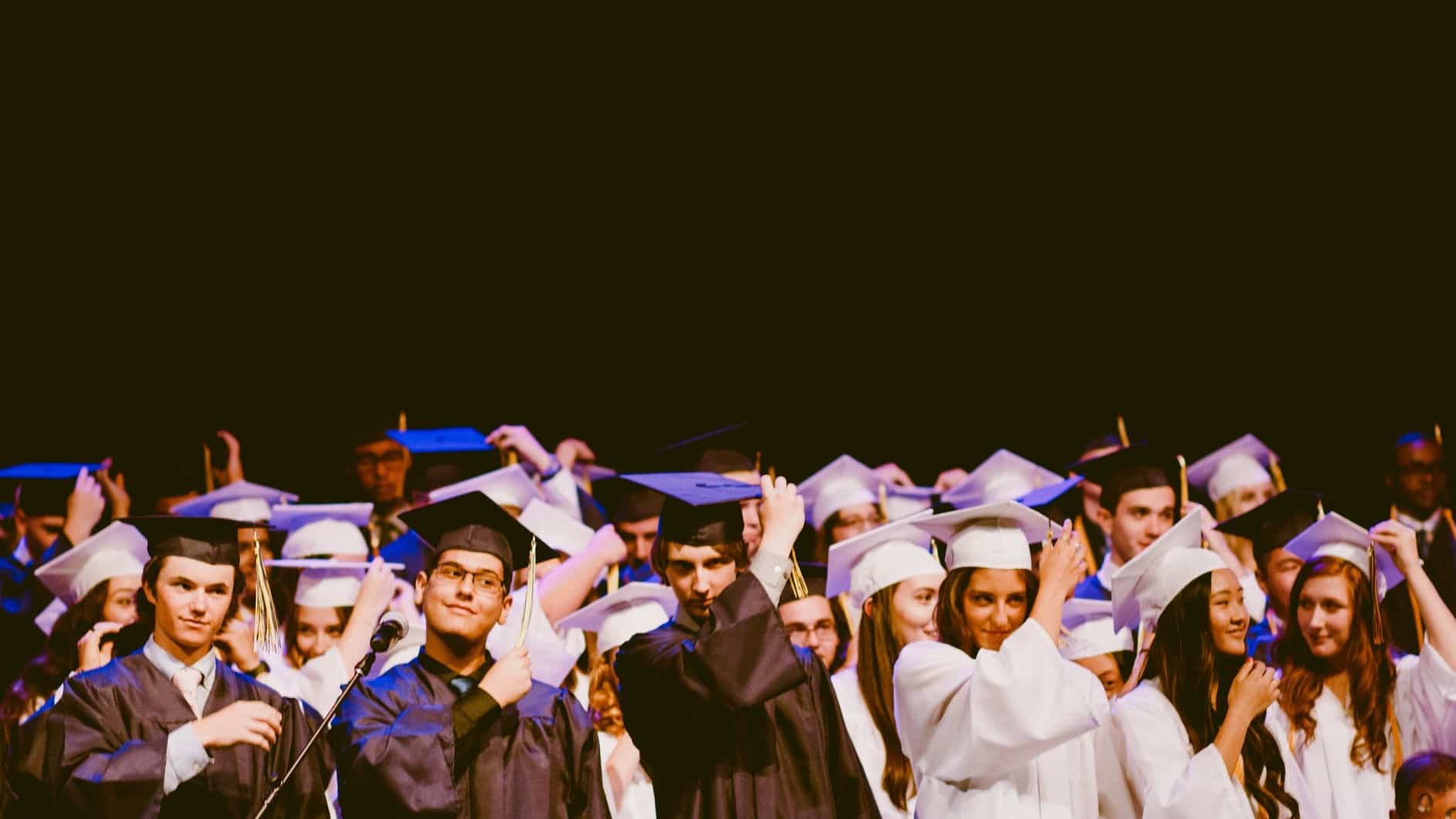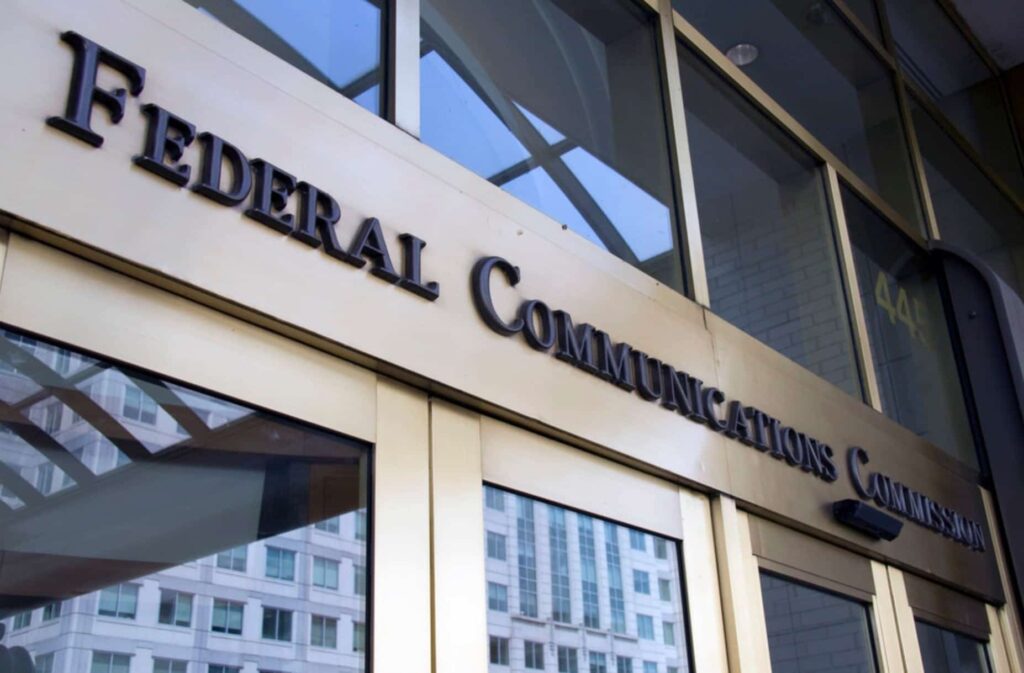The month of May not only brings Spring flowers and the (unofficial) start to wedding season, but it’s also graduation time as high schools, colleges, and universities prepare to move students along to the next chapters of their lives.
The ceremonies taking place in the coming weeks at schools across the country mark a significant milestone for students and their families. As such, it’s important that everyone be able to share in the experience.
According to the Hearing Loss Association of America, one in five Americans experience hearing loss, as do one in three people aged 65 and older. Additionally, nearly 15 percent of school-aged children (ages 6-19) have some degree of hearing loss. So it’s no surprise that someone in every audience has some level of hearing difficulty and can benefit from captions. It might be grandparents or parents, friends or relatives for whom English is not their first language, or folks simply unfortunate enough to be sitting near others who decide to chit-chat through the entire ceremony. Providing captions at commencements gives access to anyone — and not just those in the deaf and hard-of-hearing community — unable to hear the ceremony.

The process is simple: captioners work remotely, “writing” up to 250 words per minute, and sending the information to the event’s encoder, where it displays on the event screens, or to a third-party system that creates a unique URL for the streaming captions. The captioners receive pertinent information, such as speeches, song lyrics, and graduate names, in advance, so that they can simply hit a button to make each display at the appropriate moment. Since all the names are programmed in advance according to the event program, they display accurately even if the announcer stumbles over their pronunciation.
Click here to learn more about how VITAC can help make your graduation ceremony more accessible, or here to learn more about our offerings in the education sector.




